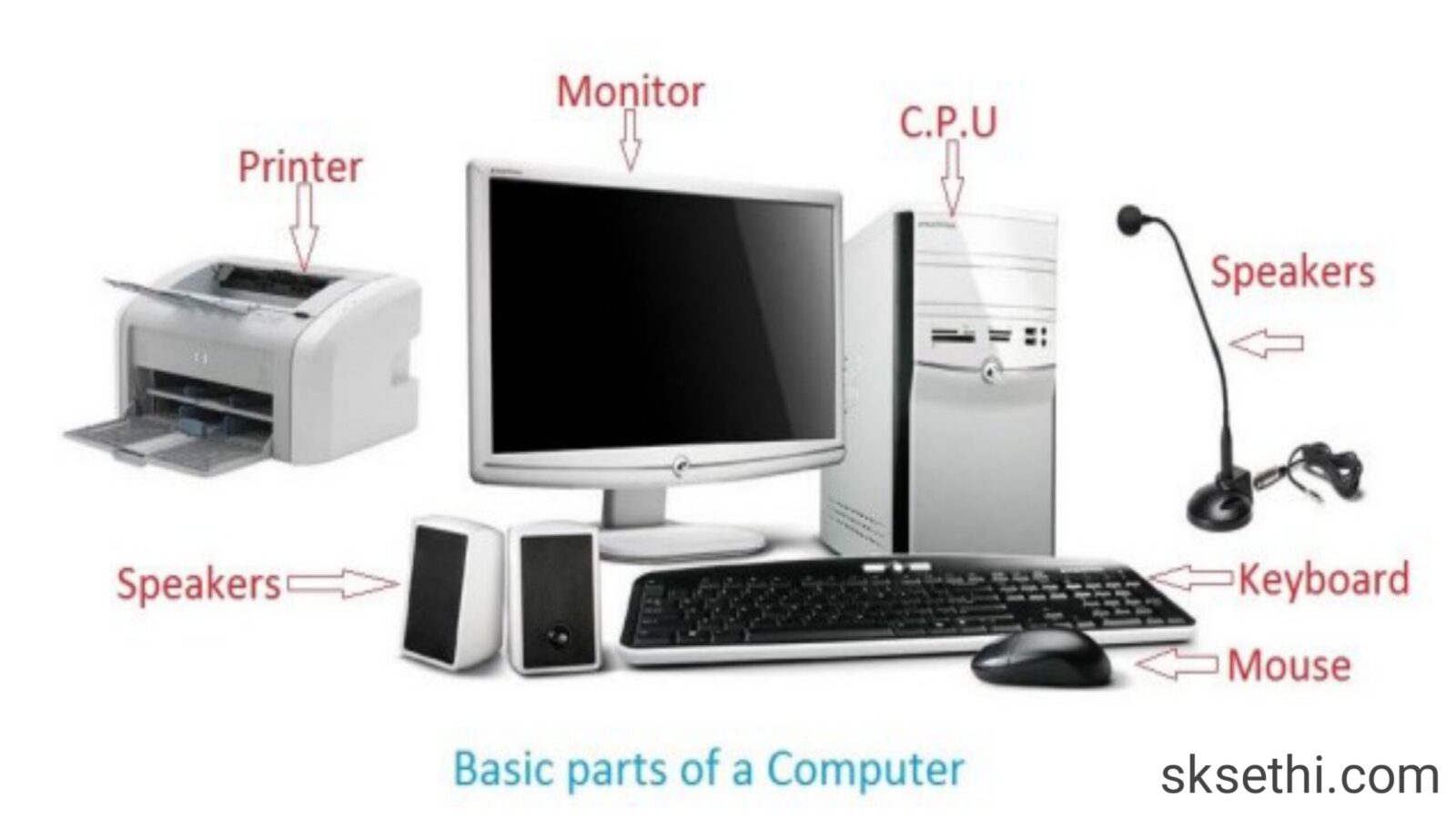Navigating the Universe of Extra PC Components for Newbies
In this rapidly evolving technology landscape, the demand for PC parts is constantly increasing, leading many people and companies to explore the realm of surplus computer components. Whether you are a cost-savvy gamer, a DIY enthusiast, or just looking to enhance your system without breaking the bank, getting familiar with surplus parts can be both exciting and rewarding. However, for novices, navigating this market can feel overwhelming, with countless options and the complexities of assessing quality.
This guide aims to streamline the process of buying surplus PC parts, providing you with key tips and insights. From learning how to identify high-quality components to understanding the optimal methods for evaluating used hardware, we will cover everything you need to know. Get ready to embark on your journey into surplus computer parts, where you can discover great deals and create a reliable system that meets your requirements.

Important Tips for Acquiring Surplus Computer Components
When venturing into the field of surplus computer parts, it is crucial to start with thorough research. Understand the particular components you need, such as a motherboard, GPU, or RAM. Get acquainted yourself with the brands and models known for trustworthiness and capability. This knowledge equips you with the skills to identify high-quality components and prevent costly mistakes.
An additional important tip is to inspect the quality of the parts before making a purchase. Look for visible signs of wear and tear, such as rust, bent pins, or excessive dust buildup. Testing the components when feasible can also provide confidence. For items like GPUs and CPUs, ask for performance history or performance benchmarks if available. This helps in confirming that you are getting products that meet your standards.
Ultimately, purchasing from reputable sources is essential to prevent scams or subpar items. Research online forums, reviews, and seller ratings to identify trustworthy vendors. Be wary of deals that appear too good to be true, as they often are. Building networks with reliable suppliers can lead to improved deals and insider knowledge about upcoming sales or rare finds.
Analyzing Standard and Efficiency of Components
As diving into the world of surplus computer components, the caliber and performance of each component are essential aspects to take into account. A thorough evaluation begins with analyzing the physical condition of the parts. Look for indicators of damage, such as rust, or observable damage. These can indicate that the component has been neglected or may not perform consistently. Checking for packaging, guides, or labels can also provide insight into the component's background and dependability.
To assess functionality, researching specs is crucial. Grasping the type and its features will help you gauge whether it satisfies your demands. For instance, when evaluating a surplus CPU, seek out comparison metrics and performance tests conducted by trusted sources. This insight enables you to contrast the surplus part against newer variants or rivals, ensuring you are making an informed decision regarding functionality relative to your needs.
Additionally, testing components when possible is essential to eliminate future issues. For instance, if you have access to a compatible system, assessing a surplus GPU for stability and heat management can give a clear picture of its functionality. Utilizing analysis software to evaluate the health of hard drives or SSDs, as well as tracking applications for CPUs and GPUs, can further validate the quality and efficiency of the components before finalizing a buy.
Identifying the Top Deals on Surplus Equipment
When searching for surplus PC parts, one of the most successful strategies is to remain aware about pricing trends and available inventory. Platforms like Facebook Marketplace, and specialized surplus retailers frequently have fluctuating prices based on demand and availability. Establishing alerts for specific components can help you snag fantastic deals before they are gone. Regularly checking these platforms can provide you knowledge into what constitutes a reasonable price, allowing you to make informed purchasing decisions.
Another way to find valuable deals is to network with local computer fix shops or businesses that often upgrade their systems. Such shops may dispose of their surplus parts at prices that are substantially lower than standard. Establishing good relationships within your local tech community can also lead to word-of-mouth recommendations about upcoming sales or available components. https://forbes-mays-2.mdwrite.net/releasing-value-methods-to-benefit-from-surplus-tech-components could provide entry to deals that are not widely promoted online.
Finally, explore going to computer parts swap meets or tech expos where surplus equipment is often sold. Such events not just offer attractive pricing but also provide you the chance to physically inspect the items before buying. Engaging with the sellers can offer insights into the state and background of the parts, allowing you to make greater assured buying decisions. By combining online and offline strategies, you can uncover the top deals on surplus computer equipment .